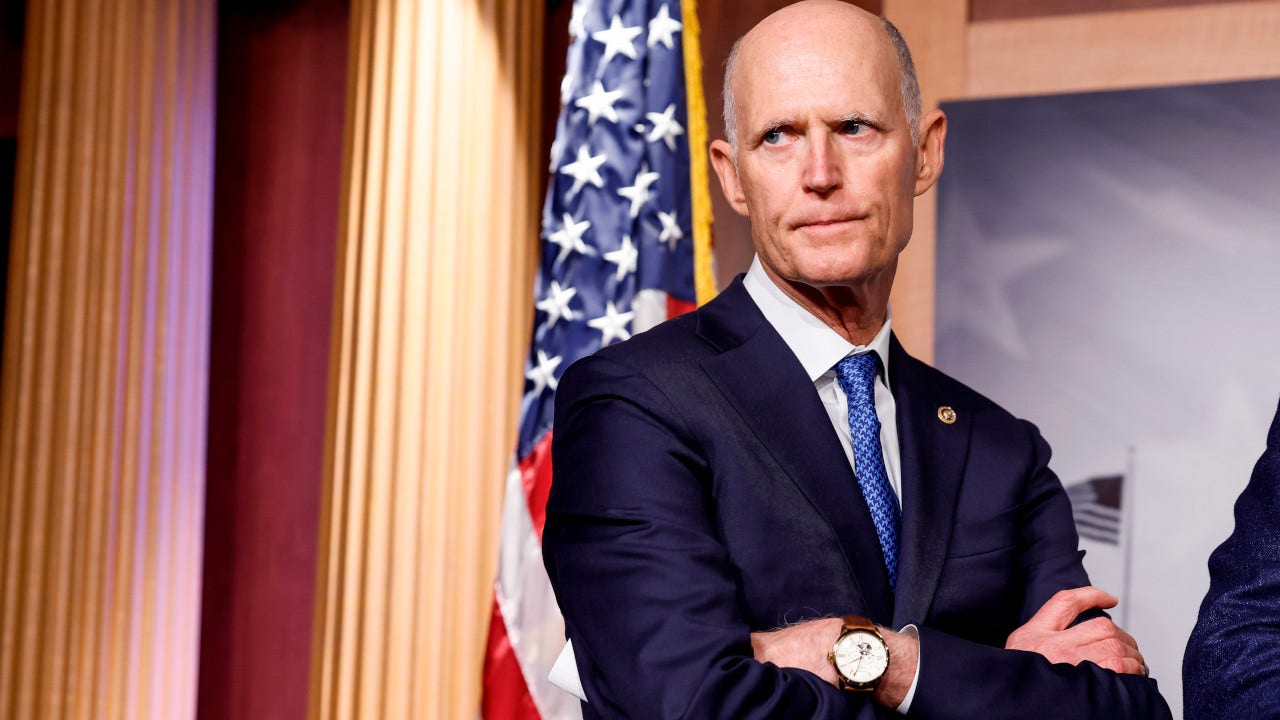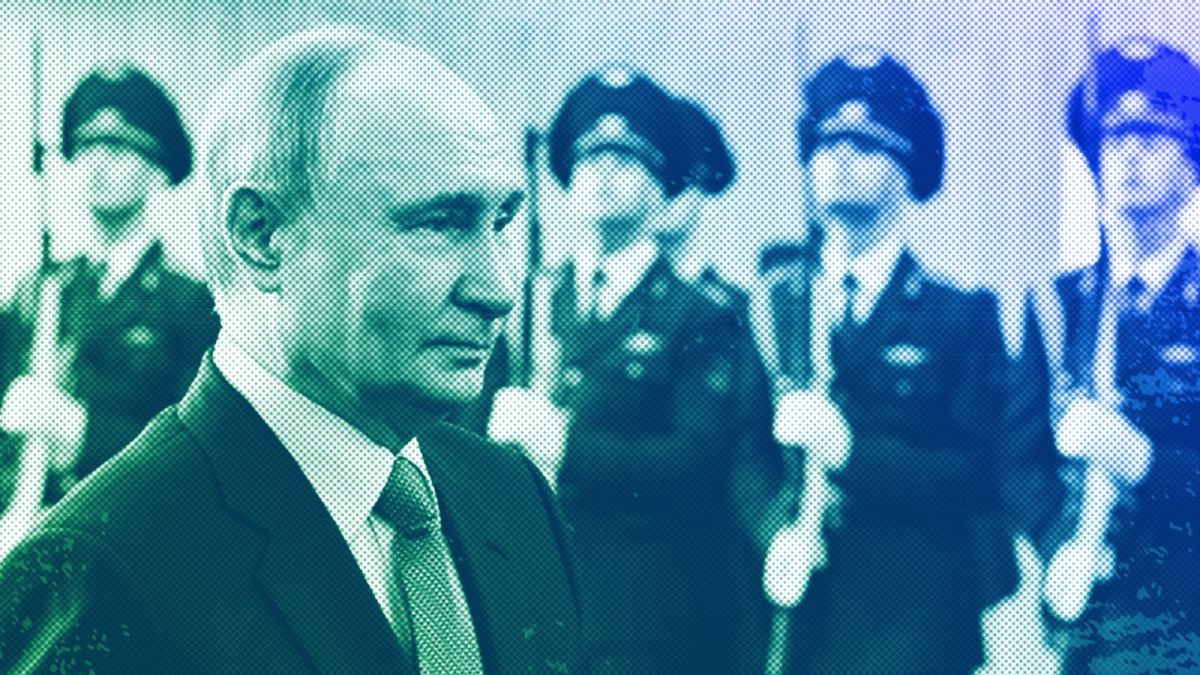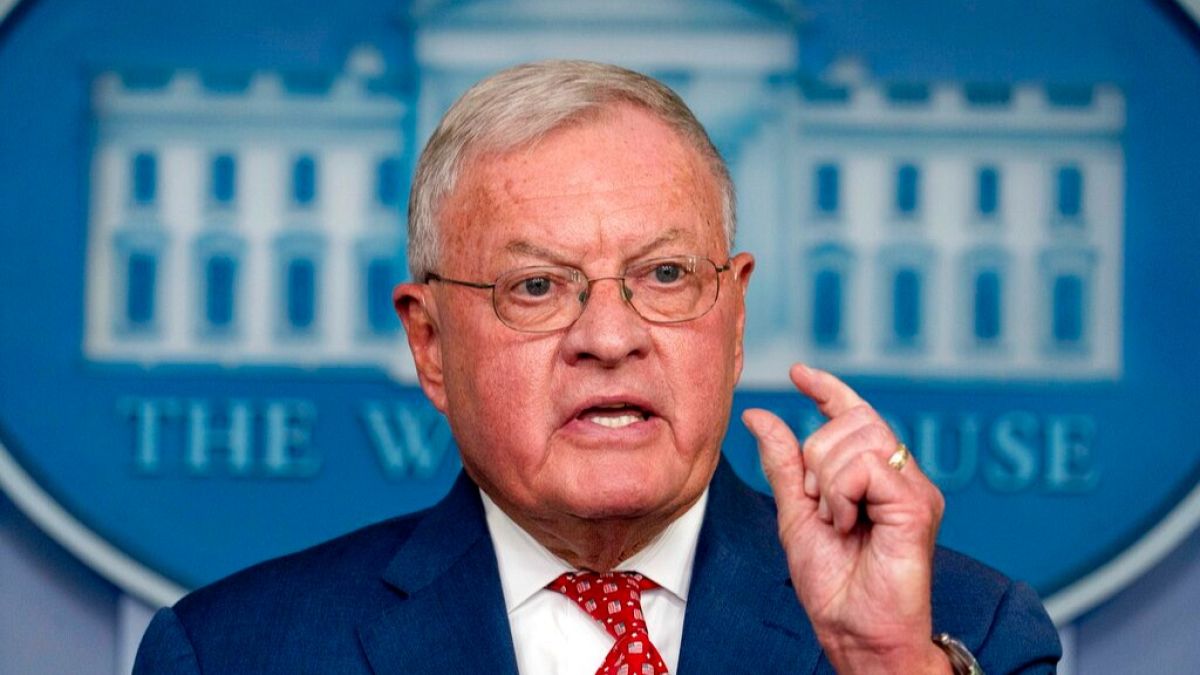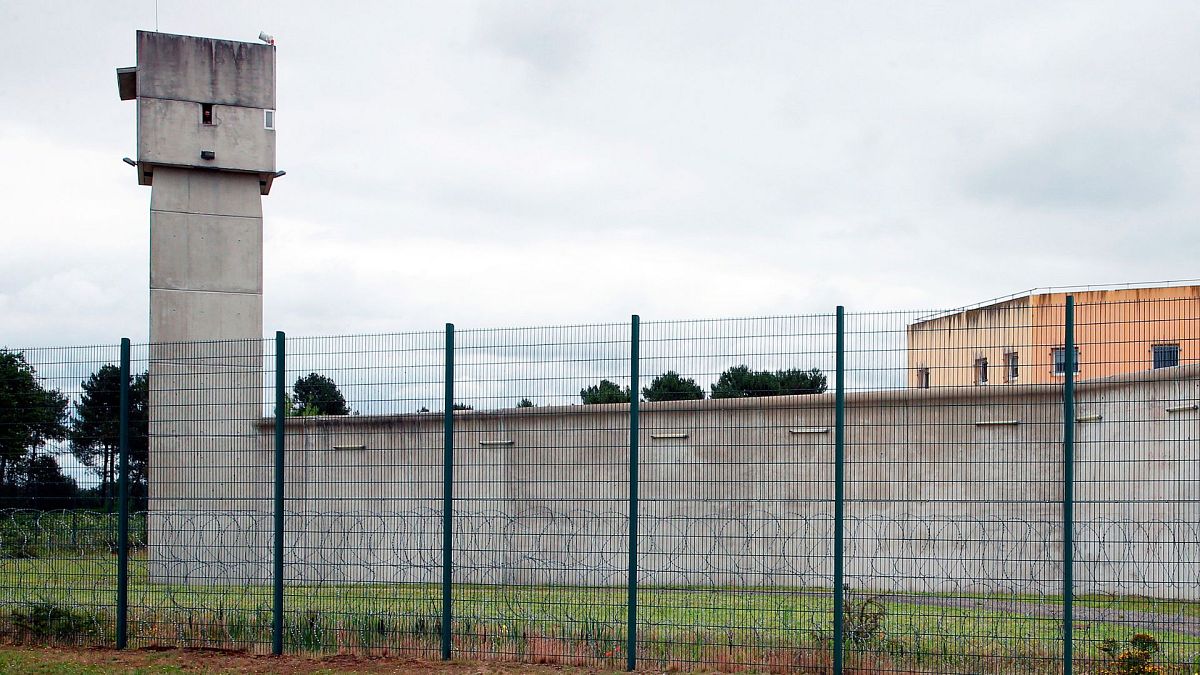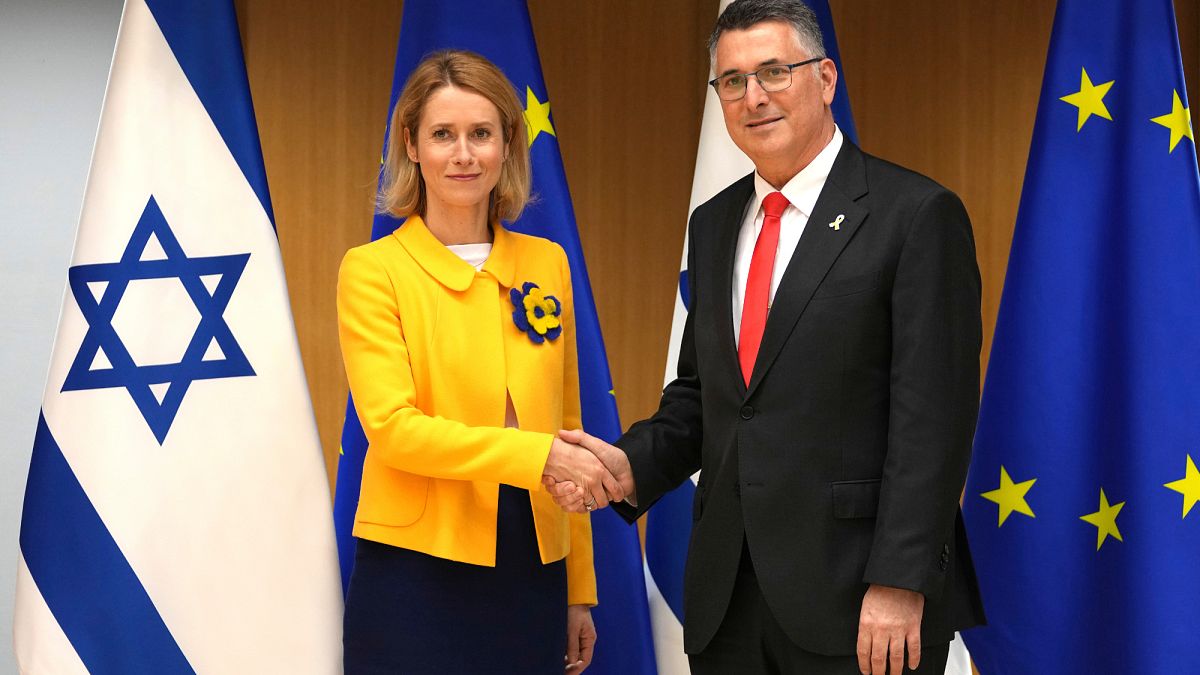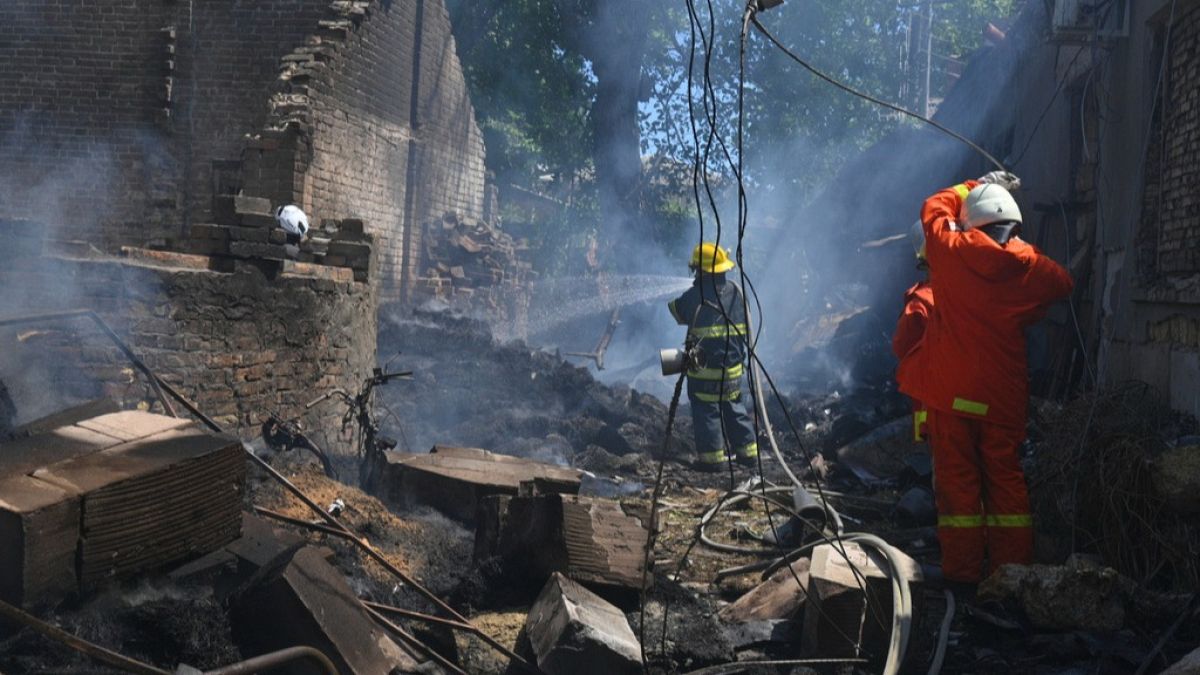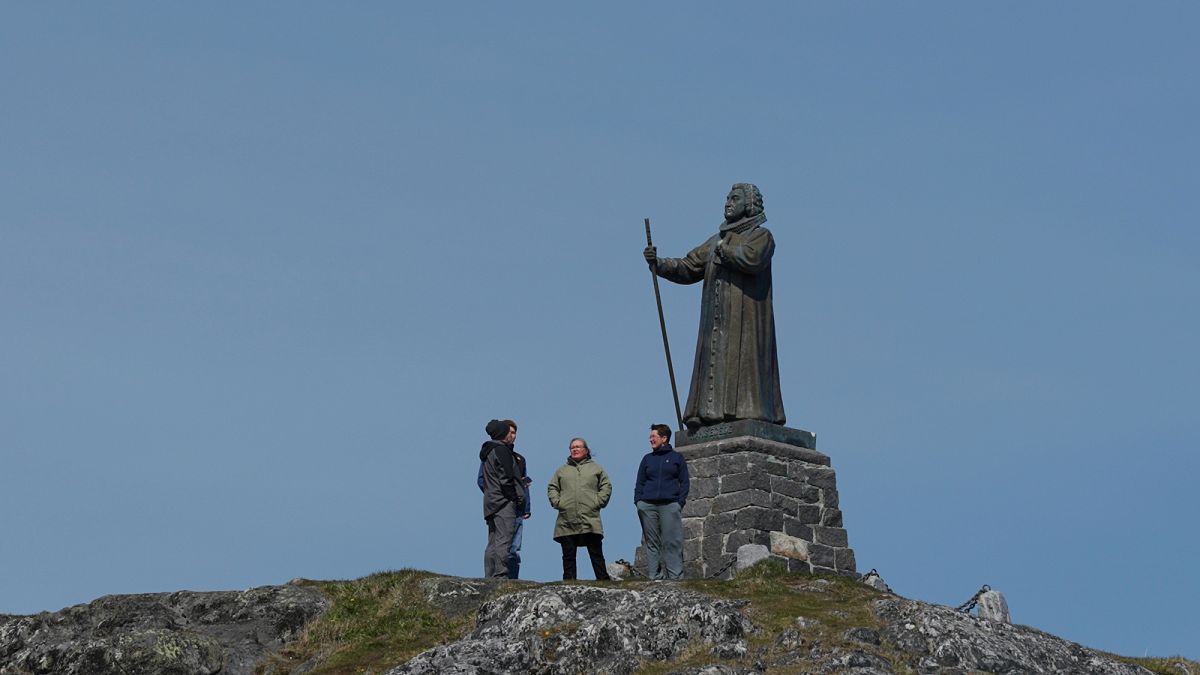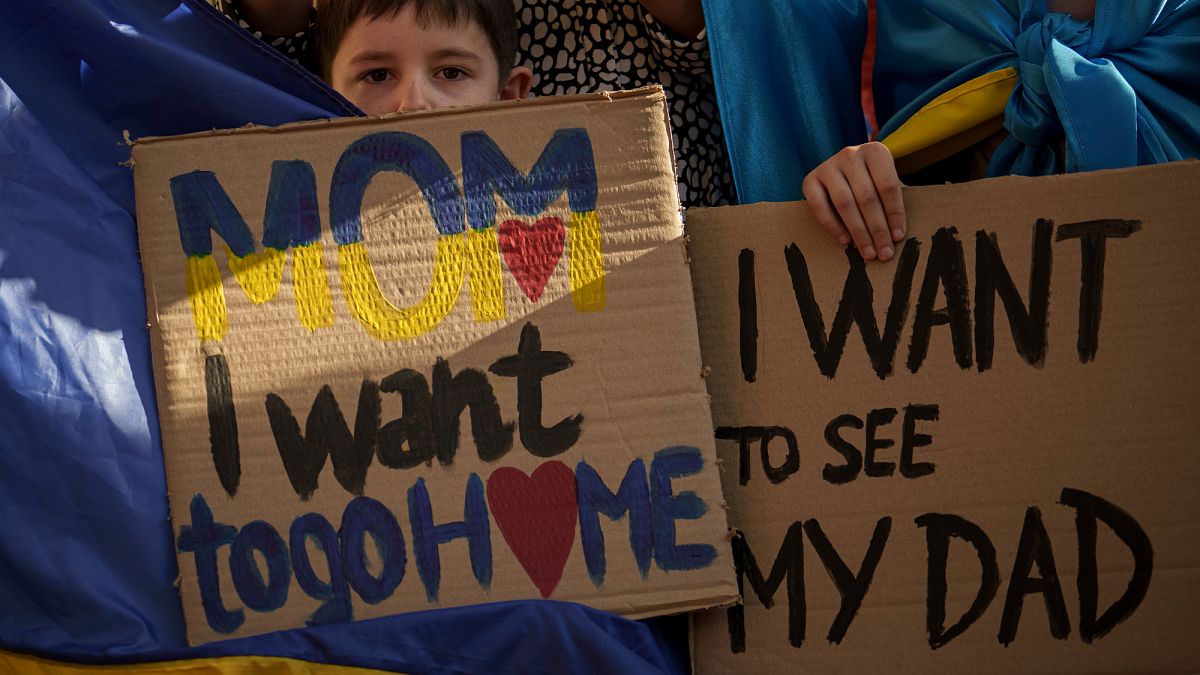By Ambassador John B. Craig, Senior Fellow, Transatlantic Leadership Network
Published on
The opinions expressed in this article are those of the author and do not represent in any way the editorial position of Euronews.
US President Donald Trump hoped to bring a swift end to Russia’s war in Ukraine, but six months into the office, he was only left to voice disappointment with Russia’s Vladimir Putin following their phone call last week, over Putin’s ongoing reluctance to end the three-year-long war in Europe.
Putin is digging in for a long political battle of influence with Washington. Serbia, a Western Balkan country also friendly to Russia, seems to be now a new target, after it has come to light that Serbia was supplying Ukraine with arms for quite some time, since the war began.
Moscow called it “stab in the back” and “betrayal” with Russia’s spy agency posting a statement suggesting rockets for multiple rocket launchers and mortar shells, or components for them, where sold through two companies from Bulgaria and the Czech Republic, making this a second official rebuke from Moscow to Belgrade, within a month.
Aleksandr Dugin, well-known Russian far-right philosopher, often referred in Russian media as “Putin’s brain” who was sanctioned by the US Department of Treasury in 2015 for his involvement in Russia’s war suggested that “Serbian President (Aleksandar) Vučić has lost legitimacy”, also lending support for the ongoing protests against corruption, negligence and poor quality constructions in Serbia that never stopped following deadly canopy collapse in Novi Sad on 1 November 2024. Recently, the Serbian president announced a halt to all military equipment exports.
Besides arming Ukraine, Putin didn’t like Serbia’s recent major agreements with the West. Last July, Serbia, the EU, and Germany signed a battery supply chain deal giving the EU access to raw materials mined in Serbia.
With a significant lithium deposit, particularly in the Jadar Valley, Serbia has the potential to become a major European supplier of the crucial battery metal.
Germany’s then-Chancellor Olaf Scholz praised the deal as a mega project that could reduce Europe’s dependency on China. If implemented, the $2.4 billion (€2bn) Jadar lithium project could cover 90% of Europe’s current lithium needs.
In Belgrade, tens of thousands of protesters rallied against the deal, fearing irreparable pollution of the Jadar valley, despite officials’ warnings of their alleged plot to topple Vučić and his government. Many were waving the flag of combined Russian and Serbian colours.
While Putin may have hoped to get hold of the lithium vast reserves in Serbia, just last week Russian troops have taken over the site of one of the Ukraine’s most valuable lithium deposits near the village of Shevchenko in Donetsk region, leaving just two out of four lithium deposits in central Ukraine under the government control.
Serbia also signed a €2.7 billion deal to purchase Rafale jets from France’s Dassault Aviation, signalling a major shift in Serbia’s security and political stance, moving away from Russia, its traditional ally and weapons supplier.
Finally, the US EXIM Board of Directors approved a preliminary commitment to Serbia’s Telekom Group for $50 million (€42.8m) to support the preparation and rollout of their 5G telecommunications network. This transaction further reinforces EXIM’s China and Transformational Exports Program (CTEP) as 5G security is a high government priority and falls under one of the 10 transformational export areas supported by EXIM.
All this was enough for Moscow to decide to attempt to destabilise the government in Belgrade. It is to be seen if Putin has yet crossed Trump’s “red line” and if Washington is willing to unleash more painful sanctions on Russia.
One thing is clear – Moscow’s continued defiance and rogue activities in its neighbourhoods have awakened the Trump administration.
Ambassador John B. Craig, former US Ambassador to Oman and Special Assistant to President Bush for Combating Terrorism. He is a Senior Fellow at the Transatlantic Leadership Network in Washington and a member of the advisory board of the Institute for Politics and the Economy of Southeast Europe.
